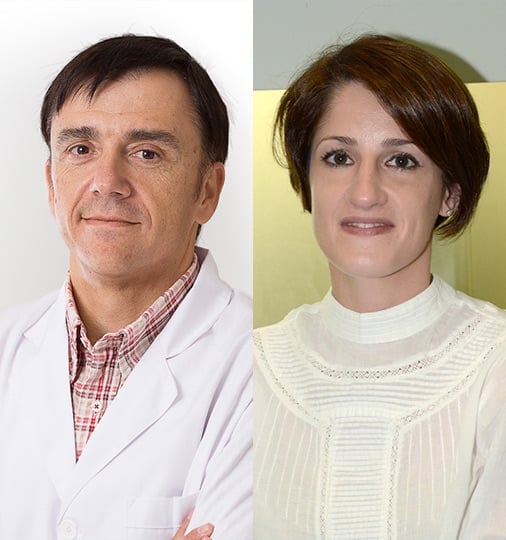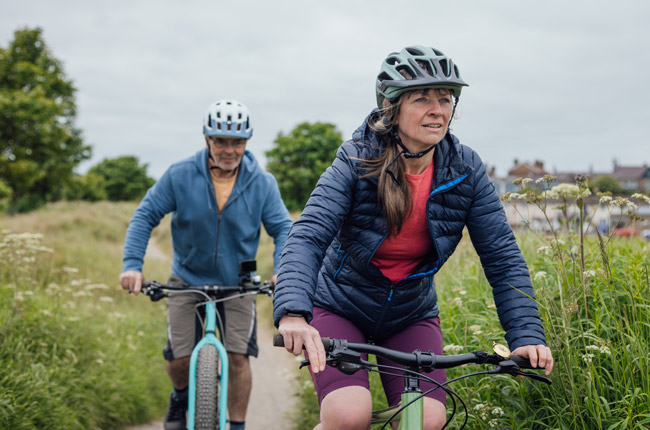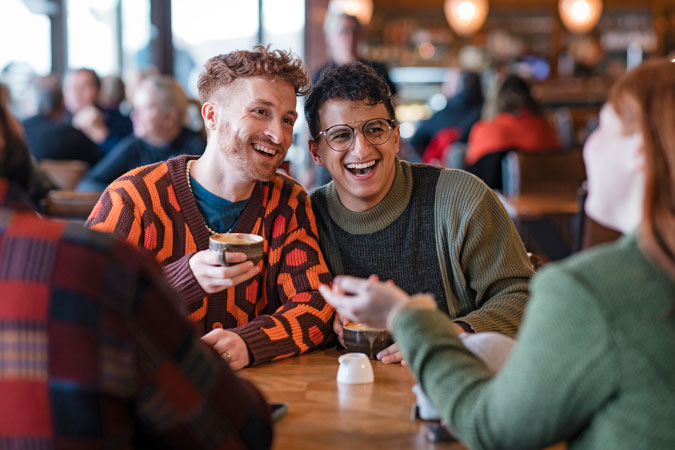World Cancer Research Fund International has taken a leading role internationally in understanding the importance of lifestyle in the cancer continuum. In this regard, adolescent cancer survivors frequently show a poor cardiometabolic profile that is attributable not only to the side-effects of therapy, but also to unhealthy lifestyle habits (poor nutrition, inactivity). We are grateful to have the chance of assessing the effects of an in-hospital intervention of physical exercise – our field of expertise – combined with lifestyle counselling during treatment against adolescent cancer. We are proposing an interdisciplinary approach, with interrogation of intervention effects on health status at the multisystemic level. – Prof Dr Alejandro Lucia
Grant title
Exercise and lifestyle intervention for patients with adolescent cancer: a randomised controlled trial
Background
Despite major advances in the overall survival rate for adolescent cancer (which has now reached ~85% after 5 years from diagnosis), young patients must cope with major challenges during the complex transition of childhood to adulthood.
Treatments such as chemotherapy or radiotherapy can cause harmful side-effects. These include changes to the process of transitioning from a child to an adult, the relationship between the heart and lungs, weight gain, and muscle weakness. These are often made worse by poor lifestyle habits such as low levels of physical activity and an unhealthy diet.
Aims and objectives
This study aims to determine the effects of physical exercise intervention and lifestyle counselling on adolescent cancer. Both interventions will occur during the entire duration of chemotherapy treatment, which usually lasts between 5 and 6 months. The study will investigate several factors related to health to determine this effect.
How it will be done
The study will include approximately 136 patients who have been newly diagnosed with a tumour across 3 hospitals in Madrid, Spain. The study will take place over 33 months and patients will be split into two groups randomly – a control group and an intervention group. The control group will receive normal hospital care and will be informed on the benefits of a healthy lifestyle. The intervention group will follow a physical exercise and lifestyle counselling programme.
Potential impact
The project will tell us about the impact of a physical exercise and lifestyle counselling programme on the side-effects of treatment for adolescent cancer. If successful, we expect the proposed type of lifestyle intervention to be included as an important part of the management of adolescent patients with cancer.
Grant publications
- Carmen Fiuza-Luces, Pedro L. Valenzuela, Alejandro Santos-Lozano, Ana Ruiz-Casado, Alejandro Lucia, Exercise and quality of life in cancer, Journal of Sport and Health Science, Volume 12, Issue 4, 2023, Pages 489-490, ISSN 2095-2546.
- Valenzuela, P.L., Santos-Lozano, A., Fiuza-Luces, C. and Lucia, A. (2024), What time of the day should I exercise?. J Physiol.
- Fiuza-Luces, C., Valenzuela, P.L., Gálvez, B.G. et al. The effect of physical exercise on anticancer immunity. Nat Rev Immunol (2023).



